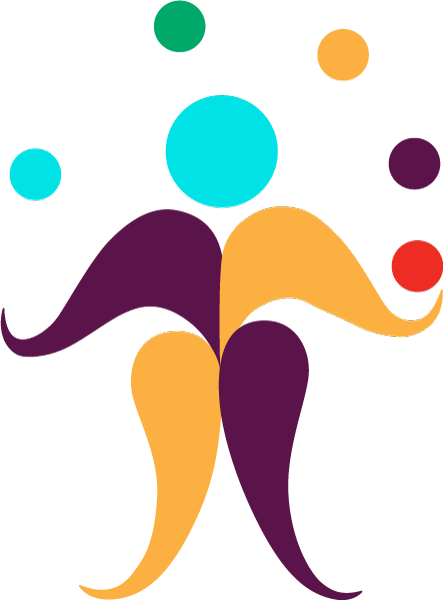I’ve stopped writing
Is this you?
Susan contacted me using the form on my website. She’s in a writing funk (as she calls it). She’s not even inspired to read. She assures me she is not depressed, but she is not happy about this situation. She has a secure academic position, and has written and published in the past. Susan had already taken the step of acknowledging that she wants to read and write again. This is a valuable part of what it means to her to be an academic. She misses it.
Laura’s situation is similar but she stopped writing when she had a baby. She joined the Studio when that baby turned 5 and started going to school. Stopping writing was the right decision for her, and it didn’t have a negative affect on her career. But she realizes that she missed it and needs some support to fit writing back into her regular work flow.
How the Studio helps
If you are in a similar situation, joining the Studio and turning up to one Meeting With Your Writing each week is a way to make a commitment to doing something about it. Depending on where you are, there are 3 sessions to choose from. You want to start small but still make a commitment. One 2-hour block in your calendar every week is more than you are doing now.
What will you write? What you miss about reading and writing is most likely the intellectual engagement. You don’t need to have a specific output in mind to start. You can use A Meeting With Your Writing to engage intellectually with anything. It could be reading. It could be journalling. It could be looking at some data or sources. As I said in my book: The Scholarly Writing Process (A Short Guide), the beginning of the writing process is all about using writing to figure out what you want to say and how to say it. You are writing for yourself. A couple of Studio members are experimenting with the zettlekasten method, but you can do this in whatever way works for you.
It’s like making a commitment to roll out your yoga mat every day, even if you just do some basic poses. Your goal is to show up. For the first couple of sessions, it could just be showing up and staying in the meeting. Maybe you just make a list of what you might work on, drink coffee, and stare out the window.
The advantage of doing this as part of the Academic Writing Studio is that you are in a group with other people who are writing. It is always acceptable to take it easy for an entire yoga class at a yoga studio. But once you’re there, seeing other people around you doing other poses motivates you to at least try. Maybe you skip the hard poses. Maybe you feel like you have no idea what you are doing. But you are there and you’ve started. There is a teacher to help you when you struggle. A Meeting With Your Writing is like that.
Other benefits of being in the Studio
I trust that at some point, you will have something to say that you want to share with others. At that point, you might outline a journal article or even a book. You will then enter a period where you alternate between writing for yourself, to more clearly articulate your argument, and writing for readers. It’s okay if you don’t trust that this will occur naturally, or if you know that your fear of criticism might make it difficult for you to make this transition in your process. You can experiment with just writing for yourself for now, and set a date when you will review your practice and decide what to do next.
If what I said about the fear of criticism increasing your uncertainty about making the transition to writing to communicate with others resonates, there is support for that, too. If you ever get stuck during A Meeting With Your Writing, the host is always available to help you out. Getting stuck is part of the process. We can usually help.
I also offer group coaching for Studio members. Some of those sessions are focused on the writing practice itself: dealing with criticism, co-authoring, or that messy process of revising drafts. There are also Office Hours a couple of times every quarter where you can bring whatever it is you want help with. Other group coaching sessions are focused on planning, including setting priorities for your writing projects.
You are not alone. You have written before. You will write again.
Still not sure?
If you don’t have a writing practice at all, you might want to start with the 15 minute per day Academic Writing Challenge (free). My book, Finding Time for Your Scholarly Writing will help you figure out how to fit that small practice in with other kinds of writing time.
You are also welcome to book a free consultation to discuss your needs. Or email me using this form.
Contact
"*" indicates required fields

